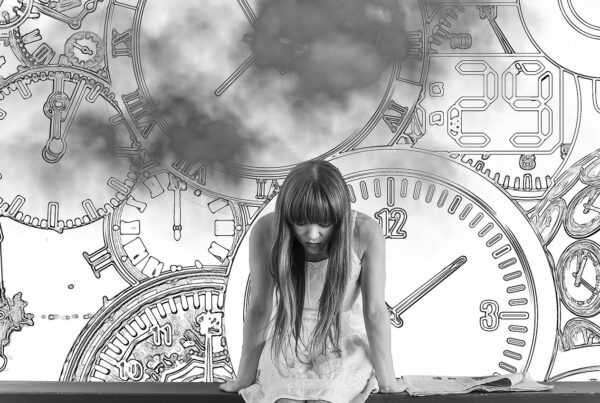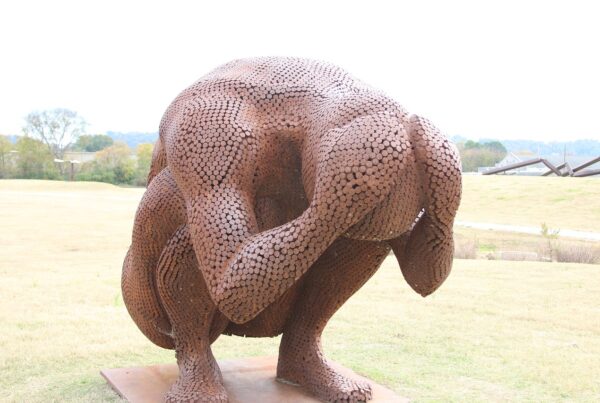Childhood trauma and Adult Occupations

A brief overview of an upcoming blog covering the types of occupations and difficulties facing childhood trauma sufferers in the jobs market. I write as a childhood trauma survivor and my blog entry will have personal experiences and specific research included, this is for people who don’t want to read a fuller version .
Childhood trauma can have a significant impact on various aspects of a person’s life, including their ability to find and maintain employment. Here are some ways in which childhood trauma might intersect with jobs:
- Emotional Regulation: Childhood trauma can lead to difficulties in regulating emotions. This can manifest in the workplace as difficulty handling stress, managing conflicts, or dealing with criticism. It might also affect a person’s ability to stay focused on tasks and make sound decisions.
- Interpersonal Relationships: Trauma can influence how individuals interact with colleagues, supervisors, and clients. They might struggle with trust, have difficulty forming healthy relationships, or exhibit behaviors that make it challenging to collaborate effectively.
- Self-Esteem and Confidence: Childhood trauma can erode self-esteem and self-confidence. This might lead to feelings of inadequacy, imposter syndrome, and reluctance to take on challenges or seek advancement opportunities at work.
- Workplace Triggers: Certain situations or dynamics in the workplace might trigger memories or emotions related to the childhood trauma. This could result in heightened stress, anxiety, or even dissociation, impacting job performance and overall well-being.
- Work-Life Balance: Individuals with childhood trauma might find it harder to establish a healthy work-life balance. They might overwork as a way to cope or avoid dealing with unresolved issues from their past.
- Communication Skills: Effective communication is crucial in the workplace. Childhood trauma can hinder the development of strong communication skills, leading to misunderstandings, conflicts, and difficulties expressing thoughts and ideas.
- Coping Mechanisms: People who have experienced childhood trauma might have developed maladaptive coping mechanisms such as avoidance, substance abuse, or self-sabotage. These mechanisms can interfere with job responsibilities and relationships.
- Triggers and Flashbacks: Certain workplace stimuli or situations could trigger traumatic memories or flashbacks, which might impair concentration and performance.
- Professional Growth and Development: Pursuing professional development, learning new skills, or taking on challenging projects might be difficult for someone dealing with the impact of childhood trauma due to a fear of failure or a lack of self-belief.
- Job Changes: Individuals with unresolved trauma might struggle with job changes, transitions, or uncertainty. They might avoid seeking new opportunities due to fear of the unknown.
It’s important to note that the impact of childhood trauma on employment can vary widely from person to person. Some individuals might be able to effectively manage the challenges, while others might require support such as therapy, counseling, or workplace accommodations to thrive in a work environment.
Employers and colleagues can play a supportive role by fostering a safe and inclusive workplace culture, providing reasonable accommodations when necessary, and being understanding of the diverse experiences that individuals bring to their jobs. Additionally, individuals who have experienced childhood trauma can benefit from seeking therapy or counceling to address and manage its effects, both in their personal lives and in the context of their careers. As we hopefully become a more trauma informed society it may become easier for employees to avail their employees of their specific needs . Trauma survivors often make excellent , loyal , conscientious and hardworking employees and are worth the time and investment of trauma training for organisations .
A much more in depth study will be on my website soon , it may already be published by the time you read this . Thank you for spending time here , I hope I find you in a good place. If you are a trauma survivor remember you are not alone , we are a community and need to support each other , I like to think of us on a Trauma spectrum , all different but all the same !










Thank you so much, administrator. Your ideas are very much appreciated.
Pretty! This has been a really wonderful post. Many thanks for providing these details.